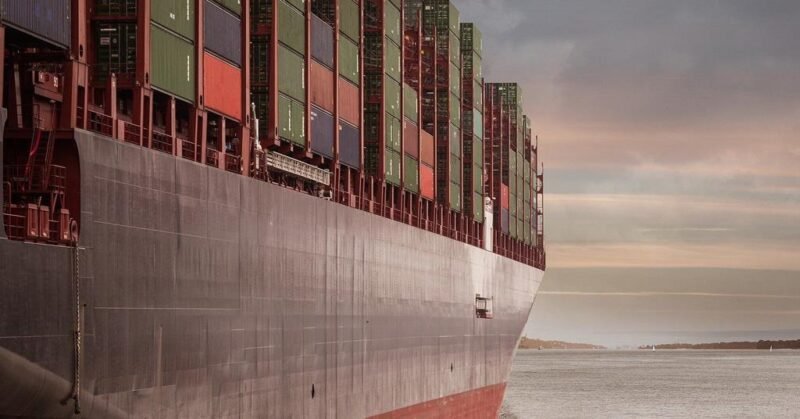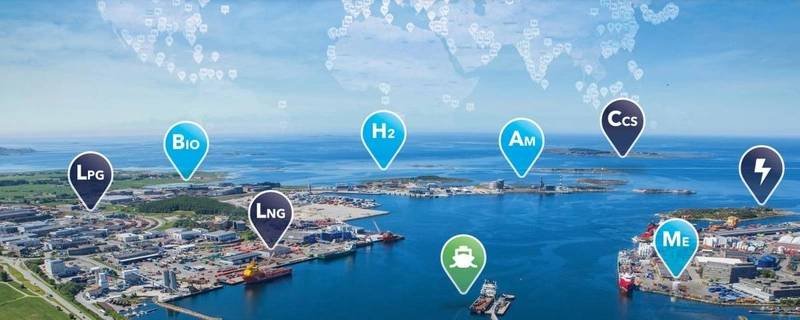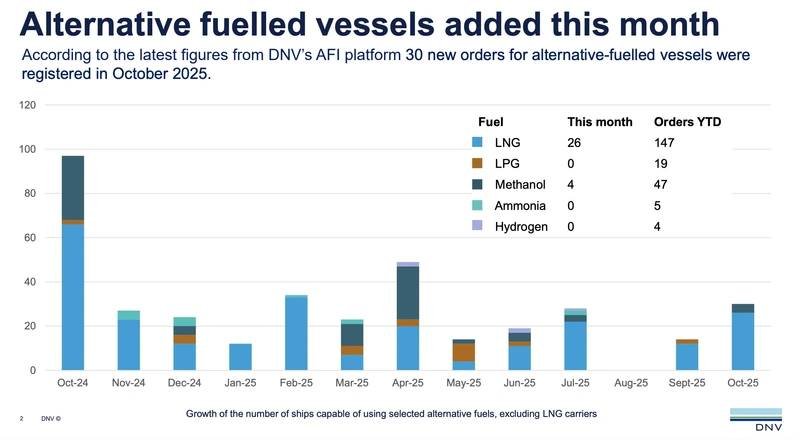A study from Chalmers University of Technology warns that using ammonia as a marine fuel as part of decarbonization efforts could lead to new environmental problems. The research team found that the use of ammonia can cause issues such as eutrophication, acidification, and the emission of a powerful greenhouse gas known as nitrous oxide. Despite being considered a promising alternative to fossil fuels due to its carbon-free status and higher energy density than hydrogen, the production of electro-ammonia is extremely energy-intensive.
Ammonia was the third most popular alternative fuel for new shipbuilding in 2023, behind LNG and methanol, according to classification society DNV. However, the combustion of ammonia in engines is not free of greenhouse gas emissions, as engine tests have shown varying levels of nitrous oxide emissions. The researchers emphasized the need for emissions control, especially in sensitive marine areas such as the Baltic Sea.
The study found that while green ammonia is a fossil-free and relatively clean fuel, it may not be environmentally friendly enough overall. Despite being one of the least expensive alternatives, ammonia can have a greater impact on the environment than traditional fuels in terms of human toxicity, resource consumption, and water consumption. Further risk assessments of ammonia emissions and associated nitrogen compounds are needed before introducing this shipping fuel.


















